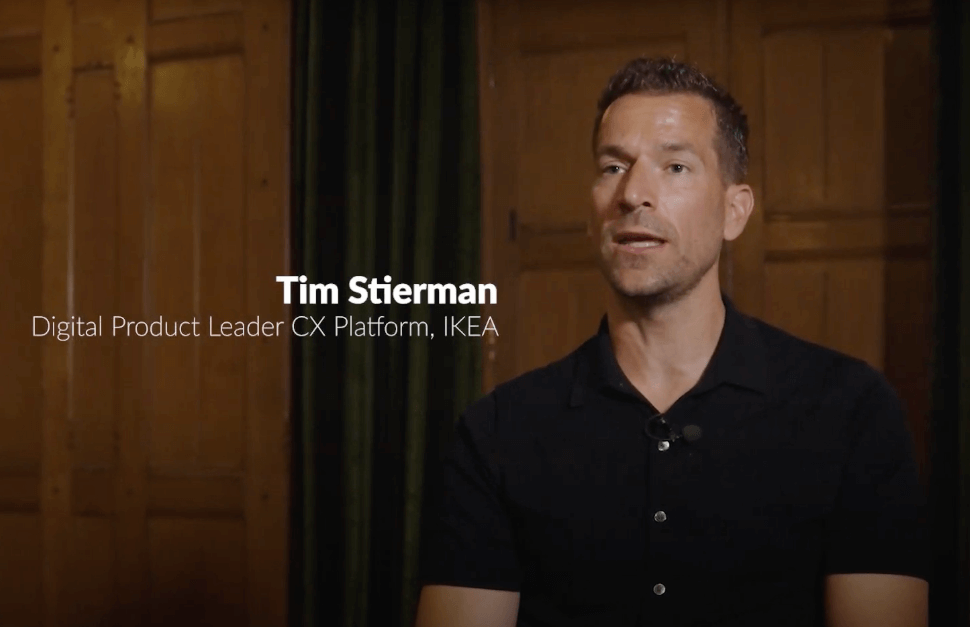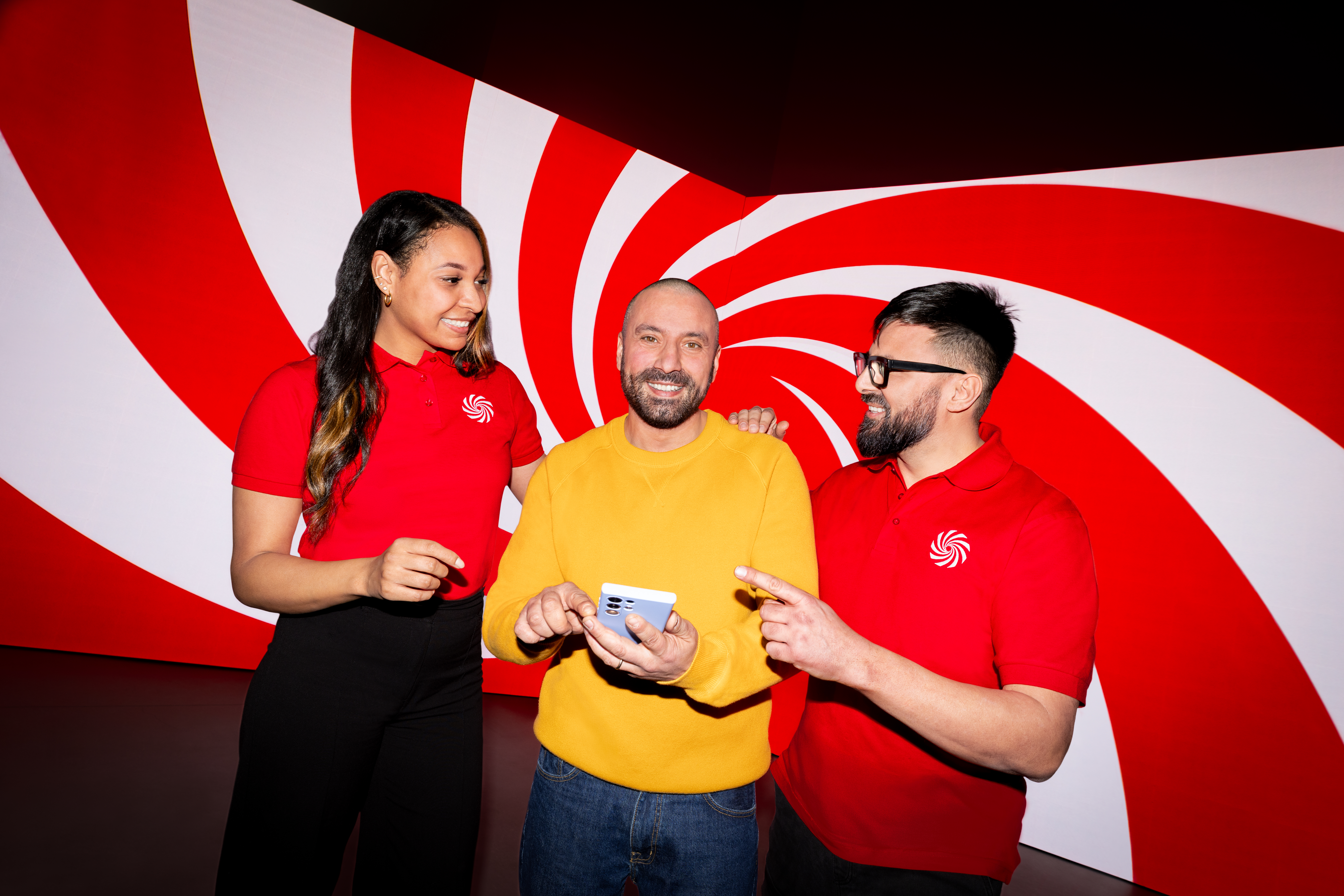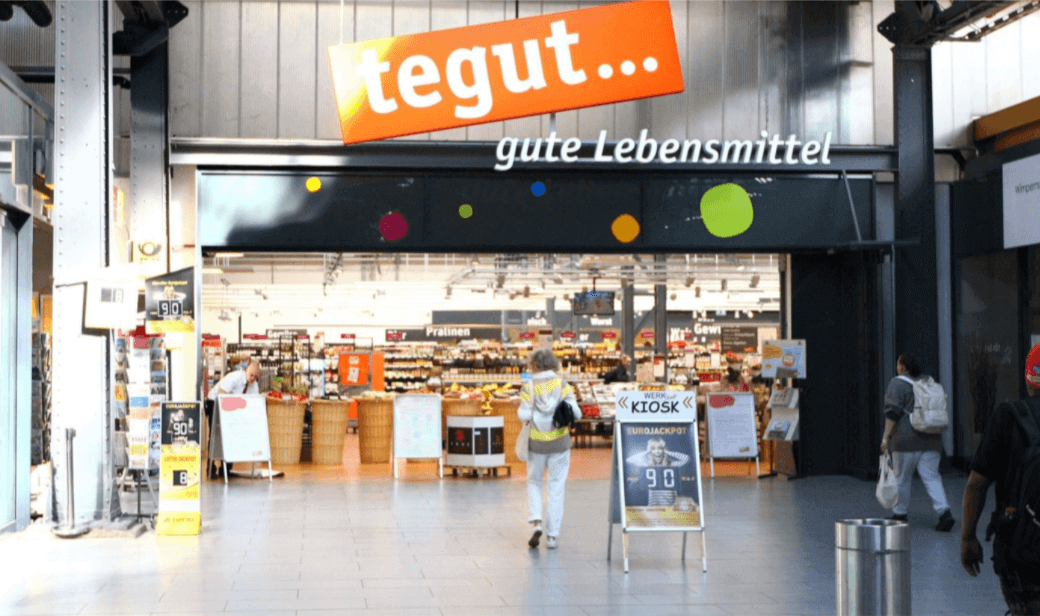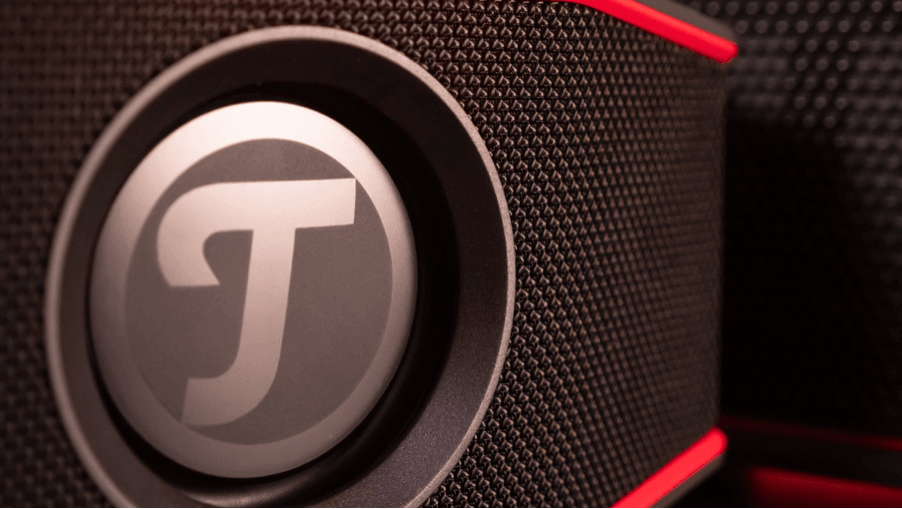
2023
16,000
40+
10%
Customer feedback comments (3M per month)
Data stream analyzed
How IKEA Uses Over 3 Million Feedback Comments in 40 Languages to Meet Customer Needs Like Never Before
Tim Stierman, Digital Product Leader @ IKEA
IKEA, a global leader in furniture and home solutions, is equally committed to providing outstanding customer experiences. To understand and improve customer satisfaction across their 63 markets in over 40 languages, IKEA partnered with Caplena, a text analytics platform powered by machine learning. Tim Stierman, Digital Product Leader at IKEA’s Customer Experience Insights Platform, explains how Caplena has transformed IKEA’s approach to customer feedback, making insights faster and more accurate.
Key Results
3 Million Customer Feedbacks Processed Monthly: Uncovering real-time insights that drive actionable improvements and boost customer satisfaction globally
16,000 Employees Using Worldwide: Empowering employees to make data-driven decisions that enhance customer experience
40+ Languages Analyzed: Delivering consistent, high-quality insights across diverse markets to ensure IKEA meets customer needs everywhere
The Challenge
IKEA’s global reach made analyzing customer feedback a challenge. Before, IKEA used a lexicon-based method to classify topics, which was labor-intensive and inconsistent across languages. Creating and maintaining dictionaries manually across 40+ languages resulted in unreliable insights.
Then, adopting AI-powered automation led to the following benefits:
Reducing inefficiency: automated analysis eliminates time-consuming manual work, freeing up teams to focus on impactful tasks
Ensuring consistency: AI-powered accuracy across languages provides reliable insights for every market
Building trust: Improved data quality empowers teams with the confidence to make informed decisions
A large portion of customer feedback was also being grouped into a broad “General” category, which hid specific insights and made precise decision-making harder. For example, feedback like “Eating at IKEA” was often classified too generally, with the lexicon method missing finer details such as food quality or wait times. This made analysis and action more challenging.
With Caplena’s AI-powered text analytics capabilities, IKEA overcame these challenges by automating and refining topic classification across all languages. This shift led to more precise insights and improved decision-making.
Transition to Caplena
Seeking a more scalable solution, IKEA launched a detailed Request for Proposal process, beginning with 10 vendors. After testing the top three, Caplena was chosen for its superior accuracy and efficiency. This success led IKEA to pilot Caplena in key markets. With positive results, IKEA rolled out Caplena globally.
Implementation & Results
IKEA’s customer feedback process is thorough, gathering data from digital platforms, customer support centers, and open web sources.
They focus on three main feedback areas:
Satisfaction rating: Overall customer satisfaction.
Closed business questions: Specific questions related to IKEA’s business.
Open-ended questions: Insights into the reasons behind customer satisfaction or dissatisfaction.
"Caplena’s AI and machine learning allow us to understand and respond to customer feedback in real-time, putting the customer first in every market, regardless of language. It’s no longer just about gathering data but truly meeting customer needs in ways we couldn’t before."
Caplena’s AI and machine learning allow us to understand and respond to customer feedback in real-time, putting the customer first in every market, regardless of language. It’s no longer just about gathering data but truly meeting customer needs in ways we couldn’t before."
Tim Stierman
Digital Product Leader

Case Example: IKEA’s Food Experience
Food is a crucial part of IKEA’s business, generating nearly €2 billion in annual turnover. However, in a pilot study on food in a selected market, customer satisfaction with the food experience fell below the global average.
By using Caplena to analyze feedback, IKEA identified key areas for improvement and took the following actions:
Checkout Waiting Time: Implemented a new payment technology solution.
Value for Money: Halted price increases and introduced family member offers.
Cleanliness: Improved the appeal and cleanliness of food areas.
Co-worker Friendliness: Enhanced training to ensure a more welcoming atmosphere.
Coffee Selection: Improved the coffee offering to meet customers' high expectations.
As a result, the overall satisfaction score for IKEA’s food experience in this market rose by 10%, highlighting the direct impact of feedback analysis on business improvements.
Future Directions
Looking forward, IKEA plans to combine customer feedback with broader business data to gain a more complete understanding of customer needs. They also aim to harness AI and conversational AI to improve their ability to interpret feedback quickly and accurately, allowing for faster and more precise responses to customer concerns.
Conclusion
IKEA’s work with Caplena has transformed how they handle customer feedback, going beyond just saving time. By automating and accurately analyzing feedback in different languages, IKEA now gets clear insights that help improve customer experience in every market. This change allows IKEA to better understand and respond to what customers need, showing their commitment to excellent service worldwide and helping them grow by connecting with customers on a deeper level.






